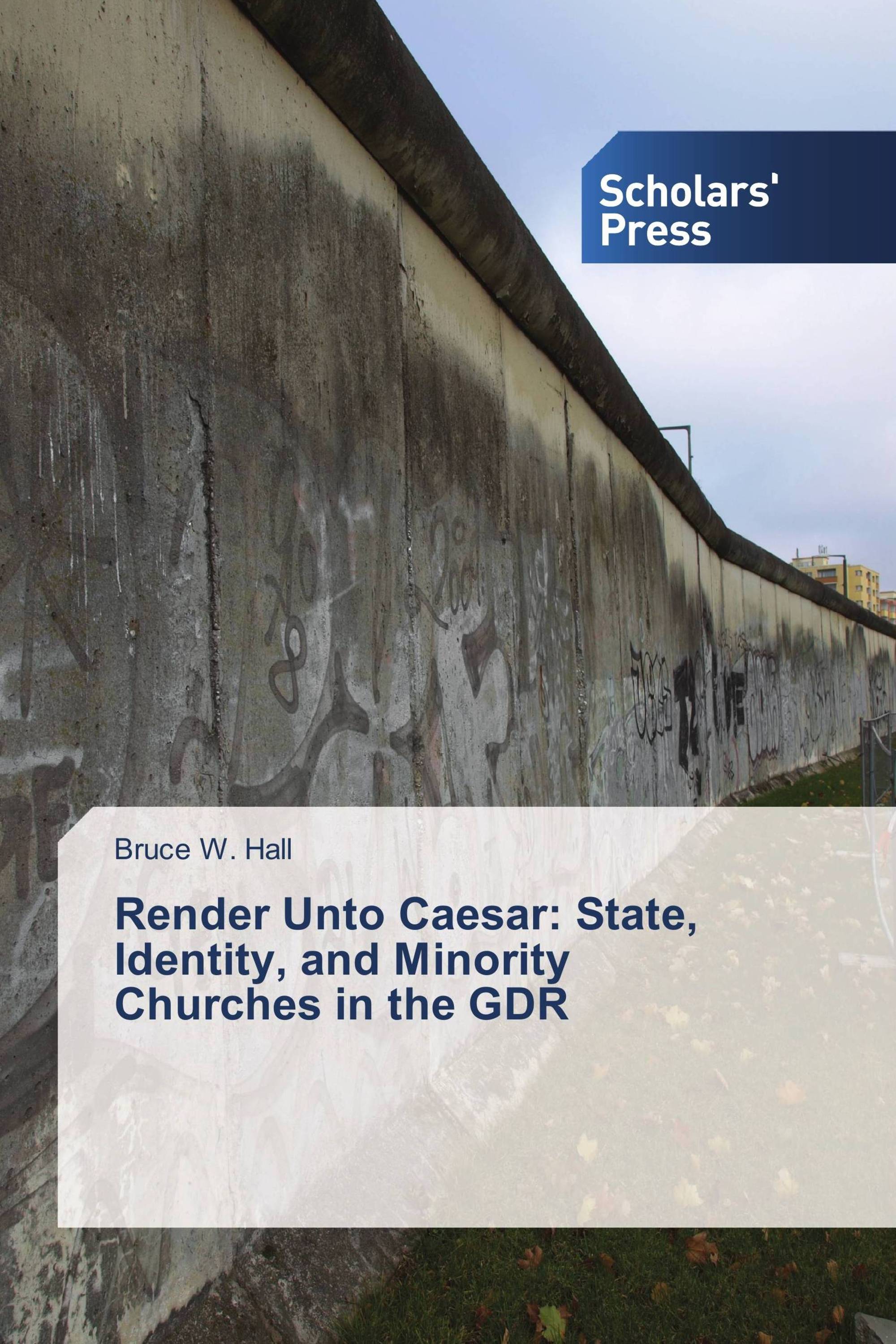The German Democratic Republic (East Germany) existed for 41 years, from 1949-1990. During that time, four minority churches and their members (Methodists, Baptists, Seventh-Day Adventists, and Mormons), endured a religiously hostile environment, secularization pressures from an unfriendly regime, and pervasive direct and indirect surveillance from the East German Secret Police (Stasi). This situation made it difficult to live a religious life. Looking at the various ways these minority churches handled their relationship with the state reveals the problems associated with opposition, conformity, living a religious life in a repressive state. This study also looks at mandatory military service, the late ‘80s peace movements, economic relationships between the churches and the regime, and the effects of the Stasi on the churches. Additionally, it describes how the state, by creating secularizing and marginalizing policies for religious adherents, became the most influential factor in the creation of individual and collective identity. The experiences of these church members further represent a microcosm of both religious life and every-day life in East Germany.
Book Details: |
|
|
ISBN-13: |
978-3-639-70705-2 |
|
ISBN-10: |
3639707052 |
|
EAN: |
9783639707052 |
|
Book language: |
English |
|
By (author) : |
Bruce W. Hall |
|
Number of pages: |
272 |
|
Published on: |
2014-01-07 |
|
Category: |
Contemporary history (1945 to 1989) |
